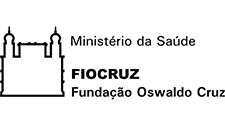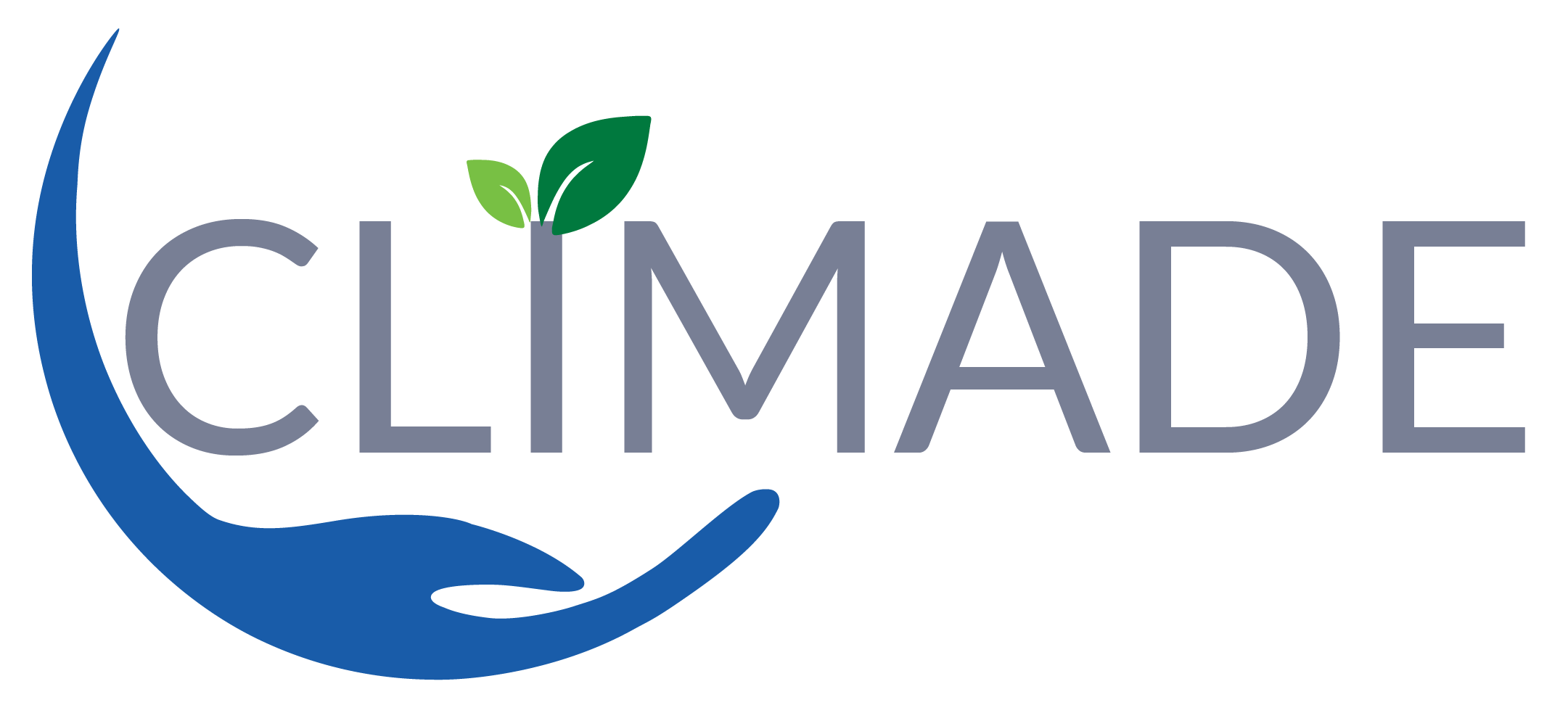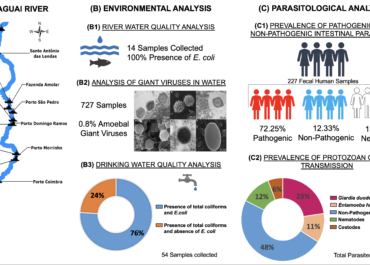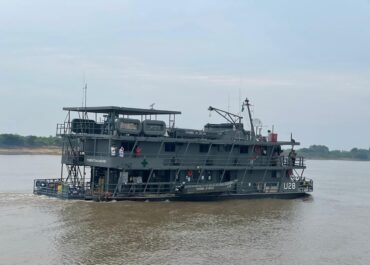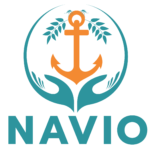
Navegação Ampliada para
Vigilância Intensiva e Otimizada
Expanded
Navigation for Intensive and Optimized Surveillance
The NAVIO project (Navigating for Viral Surveillance in Remote Locations) is an integral part of the CLIMADE Consortium, an initiative focused on studying and monitoring climate change and its impacts on public health. The projects objective is to establish a mobile genomic monitoring system in remote and hard-to-reach areas, especially in the riverside populations of the states of Mato Grosso and Mato Grosso do Sul, Brazil. The proposal aims to identify and characterize circulating viral pathogens in these communities, with special attention to infectious diseases caused by arboviruses, such as DENV, CHIKV, MAYV, and COVID-19. The combination of high-resolution genomic analyses with epidemiological and climatic data will allow for a broader understanding of the complex interactions between pathogens, vectors, hosts, and the environment, particularly considering the effects of climate change in these regions. By integrating genetic and climatic data, the project intends to identify priority locations for surveillance, taking into account climatic stress that may increase the risk of infectious disease transmission. The tools developed from these integrated data will enable more accurate outbreak predictions and the implementation of more effective preventive and control measures. The mobile genomic monitoring system, installed on a navy ship, will allow for the collection of biological samples from individuals living along the rivers, empowering local health professionals to promptly detect and report suspected cases. Additionally, an action plan for the management and control of identified viral disease outbreaks will be developed, aiming to improve the rapid and effective response to emerging diseases. The NAVIO project is an innovative approach that combines metagenomics with eco epidemiology to address the challenges of surveillance and control of infectious diseases in remote areas affected by climate change. The integration of this knowledge can provide valuable information to tackle emerging and re emerging infectious diseases in an ever-changing world.
Team
Principal investigator
Prof Luiz Carlos Alcantara
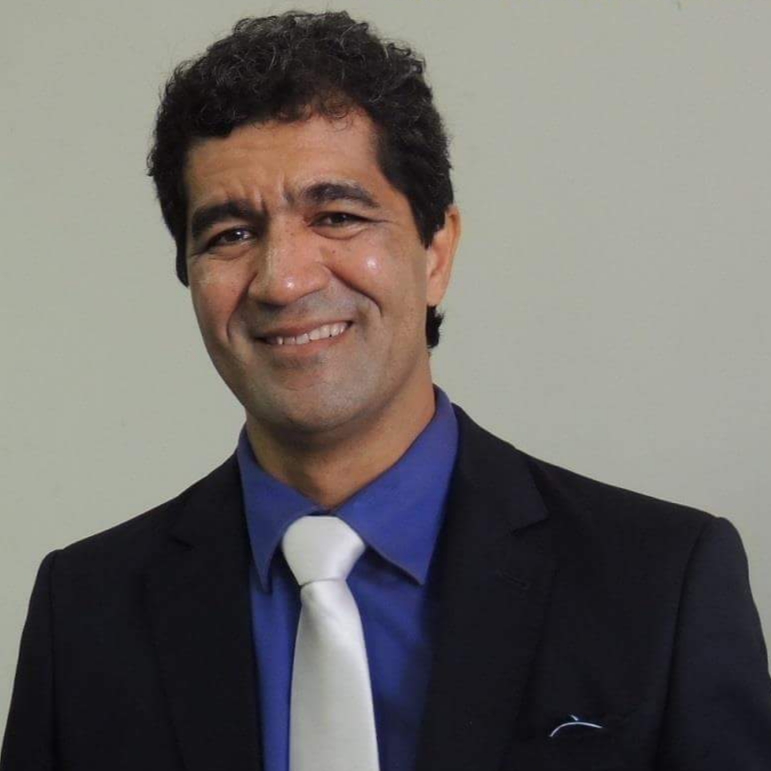
Dr Crhistinne Maymone
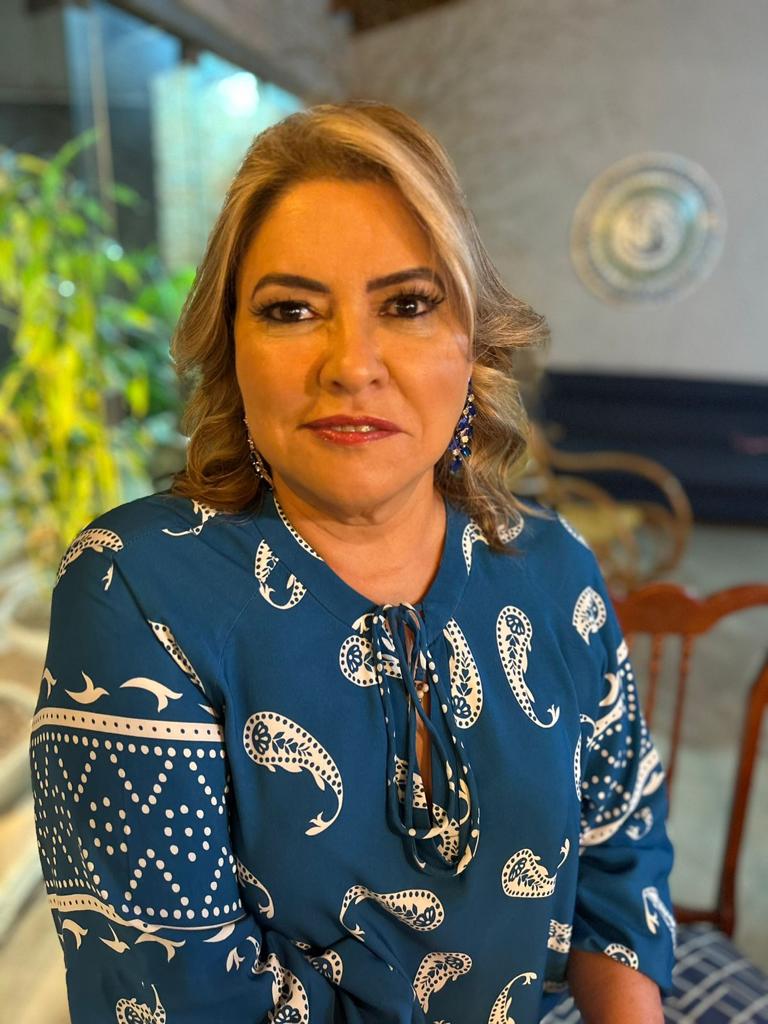
CO - Principal investigator
Dr Marta Giovanetti

Dr Vagner Fonseca
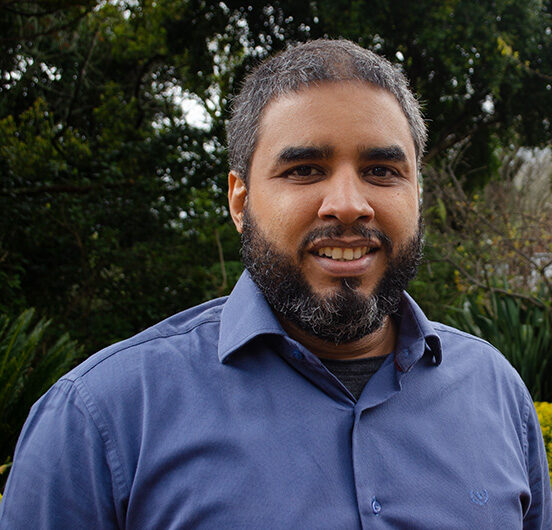
Dr Juliana Calábria
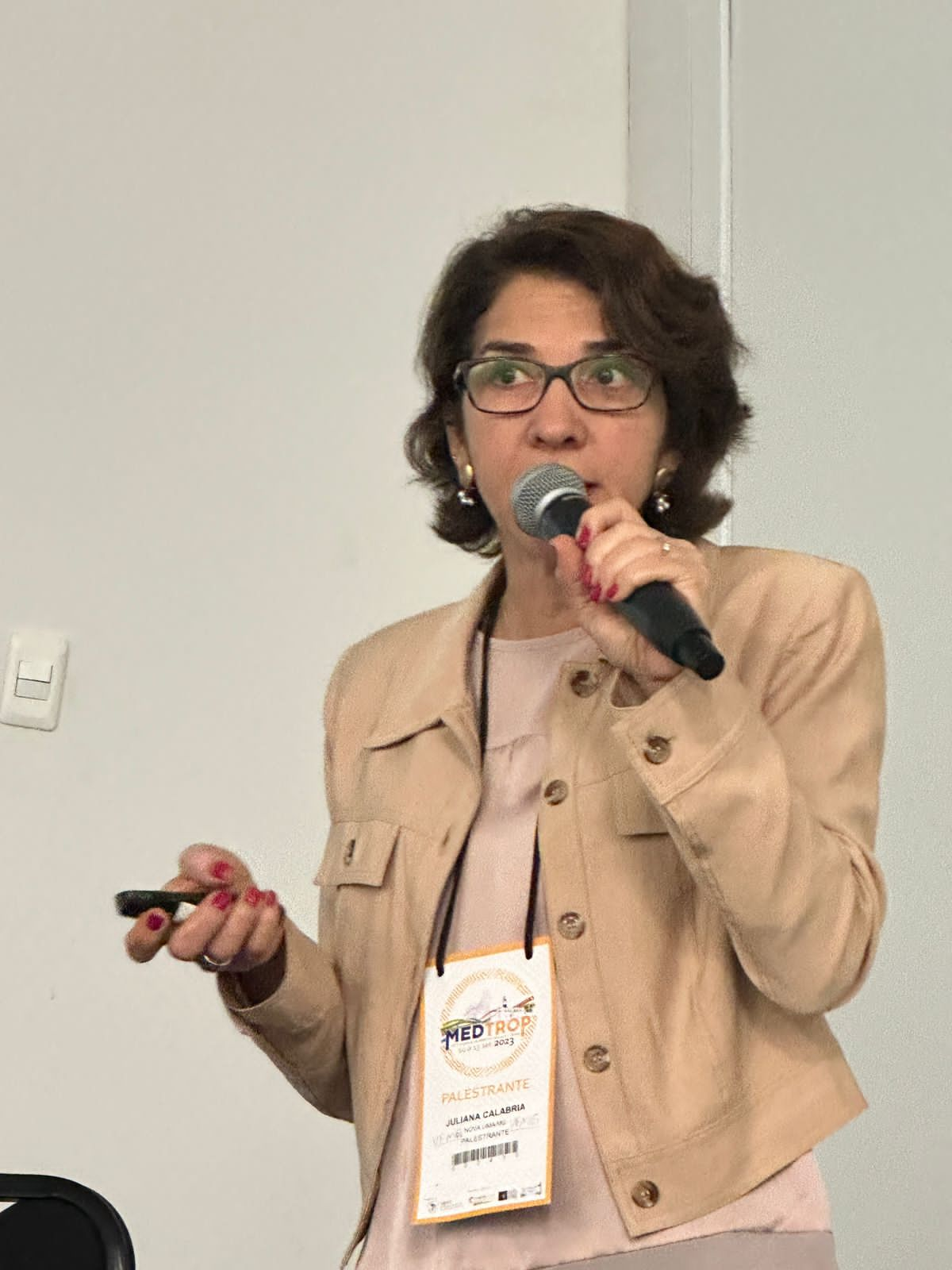
Dr Luiz Demarchi
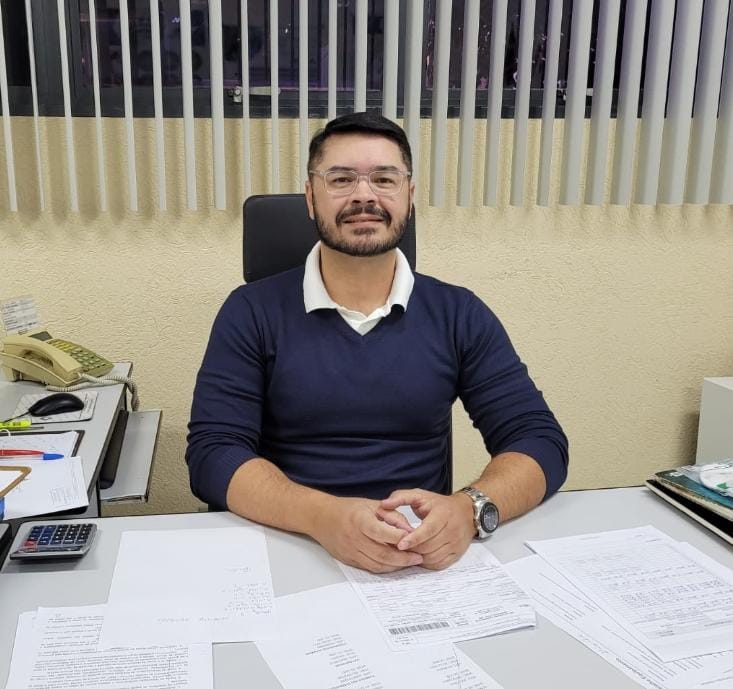
Dr Elaine Cristina de Oliveira

News
NAVIO Project Takes Center Stage at COP29 in Azerbaijan
The NAVIO Project: A Lifeline for Remote Communities in Brazil
Launch of the NAVIO Project Activities
Supporters
